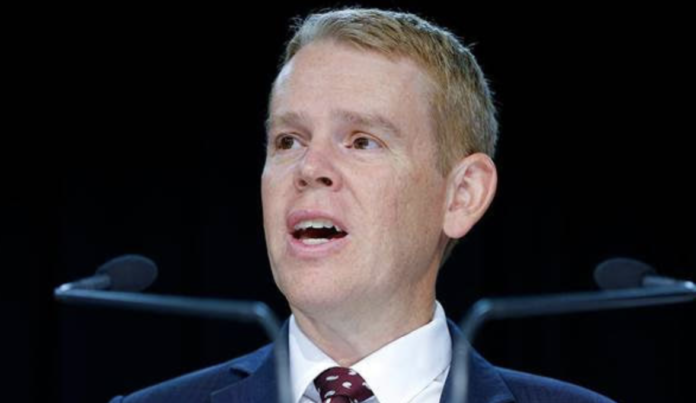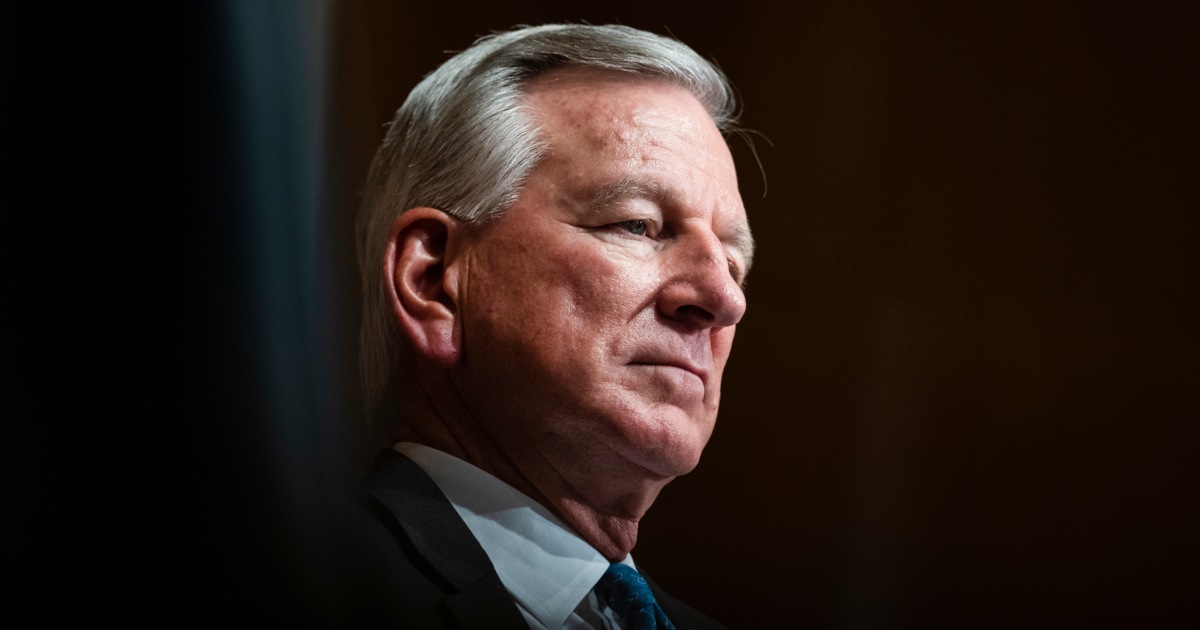[ad_1]

IT WAS THE AUSSIES who came up with the “Captain’s Call” tag, and we Kiwis have followed along behind. In the context of sport, the term has a rough and ready legitimacy. After all, our national teams are not democracies, so the idea of allowing the team captain (instead of the team coach) to make the occasional decision on strategy, tactics, and/or personnel, seems entirely reasonable. Otherwise, why bother to have a captain at all?
But political parties are not sports teams. No matter how often politicians and journalists talk about “the team”, politics is not a sporting fixture. Indeed, the more a nation’s politics comes to resemble a sporting fixture, the more certain you can be that nothing important is riding on the outcome of the “game”.
In the past, people joined political parties to change the world. It is a moot point as to whether this is still the case. What is certain, however, is that a political party whose only objective is to beat the other team/s has long since degenerated into something else. The members of such a party might well accept a “Captain’s Call” as the end of the story, but only because they’ve forgotten how to make decisions for themselves.
That the New Zealand Labour Party has meekly accepted the Captain’s Call of its Leader, Chris Hipkins, that his government will not introduce either a Wealth Tax or a Capital Gains Tax (CGT) while he’s the one in charge is deplorable. Given the centrality of tax policy to everything a political party seeks to accomplish when in office, the decision to rule out key instruments of revenue gathering without consultation, debate, or a vote – not even around the cabinet-table – indicates that tangible accomplishments are no longer on the party’s agenda.
When political leaders issue a Captain’s Call, they are effectively inviting their parliamentary colleagues to either back them or sack them. They are signalling that key policies, key decisions, are no longer to be decided democratically by Cabinet, Caucus and/or the wider party; but from above, by the Leader and his/her closest advisors. Where democratic leaders are content to let the party determine policy, seeing themselves as simply the chief salesperson of its policies to the electorate; autocratic leaders have no interest in discussion or debate. It is their judgement, their will, which alone determines whether a policy lives or dies. This sort of leader, once they have made their “call”, can no longer be persuaded, or outvoted. They can only be deposed.
What has led Chris Hipkins to this crucial Captain’s Call on Labour’s taxation policy? That he was the unanimous choice of his colleagues to lead Labour into the 2023 General Election suggests that Hipkins and, at least, the parliamentary party were on the same political wavelength. His bonfire of Labour’s unpopular policies also seemed to have the blessings of the caucus, and was well received by the voters. Hipkins seemed on track to win his party a third term.
But, somewhere amid the havoc unleashed by storm and cyclone, the bonfire went out. The Māori caucus refused to countenance the jettisoning of co-governance, and so fiercely were a clutch of expensive pet projects defended by their originating ministers, that it seemed prudent to leave them in place. Even more troubling, from the new Prime Minister’s perspective, was the news that policy development on radical tax reform targeting the super-wealthy was well advanced. Hipkins, who had introduced himself to the country as Mr Bread-and-Butter (with positive results in the preferred prime minister stakes) was not at all keen on being re-branded as Mr Fire-and-Brimstone.
Hipkins’ colleagues, Finance Minister Grant Robertson and Revenue Minister David Parker, found it impossible to persuade the Prime Minister that their tax reform plans were a plus, not a minus, for the Labour Party. Nor could they convince him of the wisdom of their time-line. Robertson and Parker wanted to introduce their tax package in the May 2023 Budget, but delay its coming into force until 2024. By explicitly seeking a popular mandate for the reforms, Labour could set the tone of the forthcoming election campaign: pitching hope and fairness against fear and greed.
Hipkins wasn’t convinced. His advisers warned him that the focus-group reports suggested a radical tax policy would be a very hard sell. More to the point, all of Hipkins personal political experience told him that most of the privately-owned news media, and all of the interest-groups representing the big end of town, would wage an unrelenting campaign against Labour’s tax package. A campaign loud enough to drown out the Government’s message of hope.
It is also likely that Hipkins feared the consequences of unleashing such a left-populist campaign. Temperamentally, Hipkins is ill-at-ease with the sort of politics that mobilises too many ordinary people. Ever since the political divisions unleashed in the 1980s, the strongest factions in the Labour Party (which Hipkins has been careful to cultivate) have thought it wiser to keep control of the losing side in the class war, than lose control of the winning side.
Hence Hipkins’ Captain’s Call from Vilnius.
That there were public servants in Treasury and IRD willing to tell National’s Nicola Willis exactly what questions to ask and which documents to seek in relation to Robertson’s and Parker’s tax plans, had already put the government on the back foot. If the tax package had been released in the Budget, as planned, Labour might have avoided looking shifty and secretive on tax. But, Hipkins had put a stop to that. And, now, he would put a stop to this.
The upshot of all this political caution is that Labour will go into the election with very few achievements to boast of, and with next to no policies bold enough to persuade the electorate to overlook its many failures. Hipkins’ refusal to risk his own and his party’s future on a policy platform that would’ve helped to make New Zealand a fairer and more hopeful country, coupled with his refusal to let the Greens and Te Pāti Māori make the same promises with any credibility, have made the victory of fear and greed a near certainty.
It was a chance for Captain Hipkins to show his quality and, sadly, he has.
[ad_2]
Source link




















